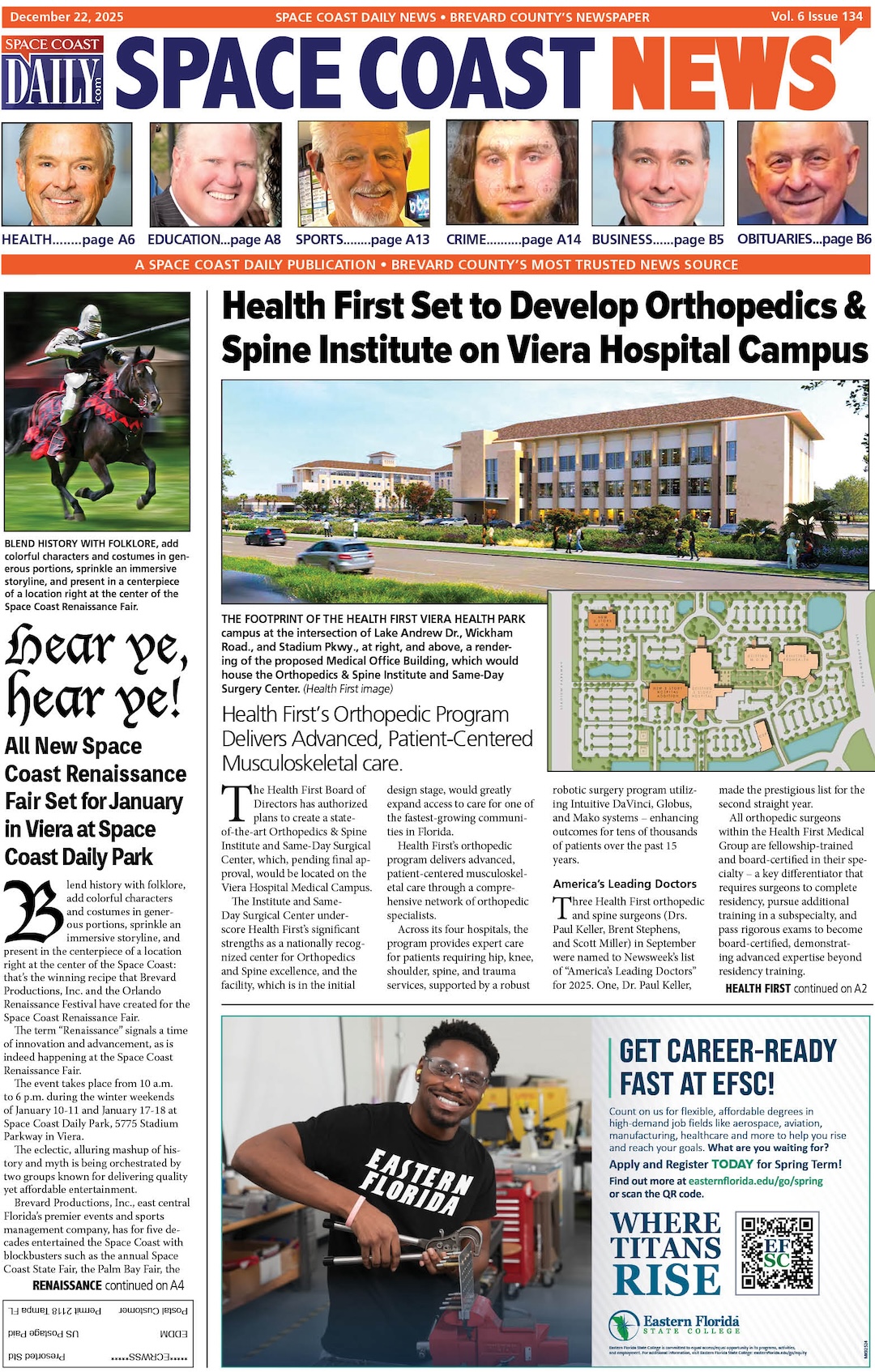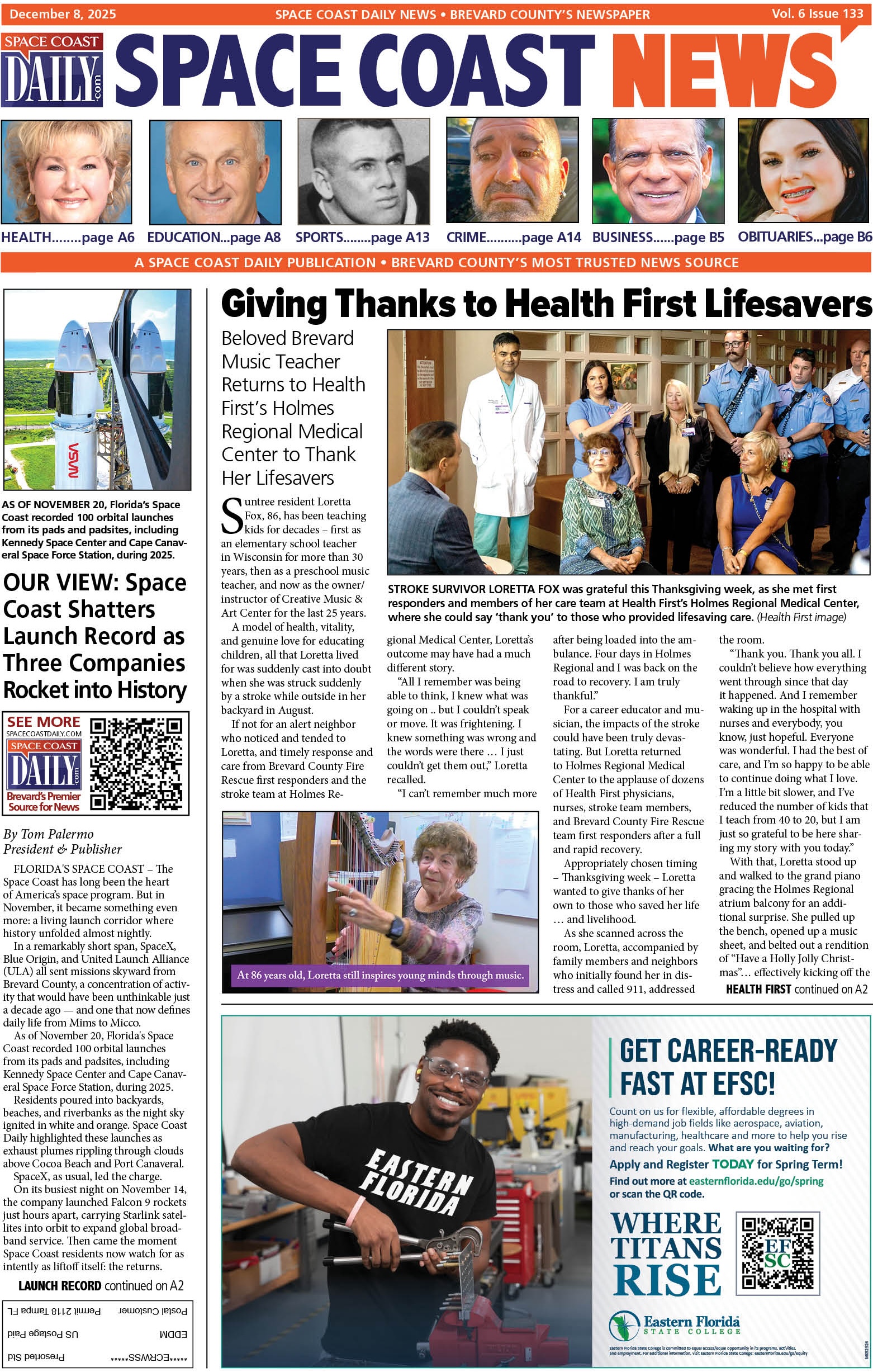American Cancer Society: Start Colorectal Cancer Screening at Age 45 Rather Than 50
By Dr. James Palermo // June 7, 2018
new guidelines would open up colorectal screening to an additional 22 million U.S. residents between ages 45 and 49

Colorectal cancer is the second-leading cause of cancer death in the United States, most frequently diagnosed among adults over 65. To identify and diagnose those typically slow-growing malignancies early, when they can often be cured, most medical groups have recommended colorectal cancer screening starting at age 50.
However, based on new research showing colorectal cancer rates rising among young adults, the American Cancer Society (ACS) is now recommending that colorectal cancer screening now begin at age 45, instead of 50.
According to Modern Healthcare, the update marks the first time the ACS has changed its guidelines for colorectal cancer screening since 2009, and it includes the earliest age for screenings that has yet been endorsed by a major U.S. medical society or group.
“There is compelling evidence that the optimum age to start (screening) is now 45,” says Dr. Richard Wender, ACS chief cancer control officer, who cites a sharp increase in deaths from colon and rectal cancers among men and women under age 50.
An ACS analysis published in February found that adults born in 1990 have nearly double the risk of colon cancer and quadruple the risk of rectal cancer compared with the risk that adults born in 1950 faced at a comparable age.
The new ACS guidelines, published in its peer-reviewed journal CA: A Cancer Journal for Clinicians, would open up colorectal screening to an additional 22 million U.S. residents between ages 45 and 49.

The guidelines assert that for a first colon cancer screening the go-to screening does not have to be a colonoscopy, which is an invasive procedure that carries risks, such as a perforated bowel. Instead, the guidelines recommend physicians offer patients a choice between six different colorectal cancer screening options, including lab tests on stool samples, which can be conducted more regularly and are followed by colonoscopy if results are positive.
The choices include three at-home kits that test stool for blood that need to be ordered by a doctor and may be picked up at the office or mailed to the patient. The sample is then mailed to a research facility which tests for microscopic traces of blood. If the test is positive, a colonoscopy is recommended.
Alternatively, patients may opt for what’s called a “virtual” colonoscopy, which is essentially a CT scan of the colon that should be done every five years, according to the new recommendations.
Another approved option is a flexible sigmoidoscopy, which looks at the lower part of the colon, and is followed up by a colonoscopy if polyps are found.
A positive result picked up in any of these screening tests is typically followed up by a colonoscopy, which uses a tiny camera to investigate the entire colon not only to search for early cancer, but also to detect pre-malignant, suspicious lesions, or polyps, which are removed during the procedure

ACS does not recommend routine screening for healthy patients under age 45 because cancer rates in that age group are low and do not outweigh the risks of procedures such as colonoscopies.
The guidelines recommend screenings should continue until age 75, at which point physicians and patients should make individual screening decisions that factor in health status, life expectancy, and patient preference.
According to the New York Times, ACS’ new guidelines put them at odds with other prominent groups, such as the U.S. Preventive Services Task Force (USPSTF), which still recommend colorectal cancer screening at age 50. The disconnect raises questions on whether insurers will cover the tests for younger adults. Under the Affordable Care Act, insurers are required to cover preventive services that receive a “B” grade or higher from USPSTF without cost sharing.
The ACS’ findings of rising colorectal cancer risks in those under 50 years of age and new recommended screening guidelines should at least motivate physicians to start discussions of colorectal cancer screening with their 45-year-old patients, as well as prompt more research into the relative benefits and harms of screening among younger people.
CLICK HERE FOR BREVARD COUNTY NEWS














